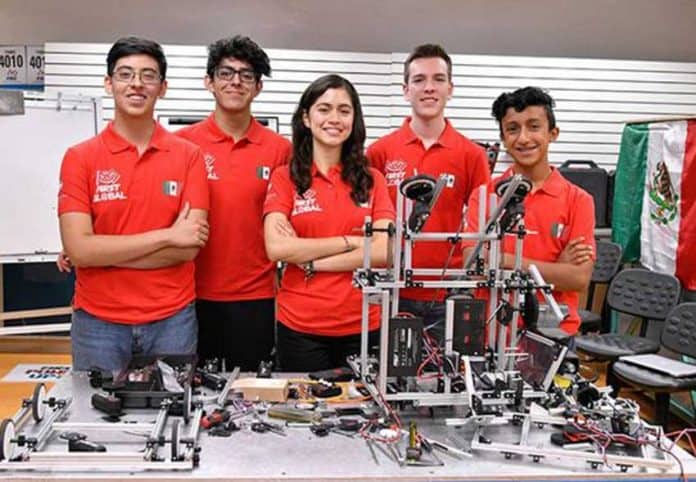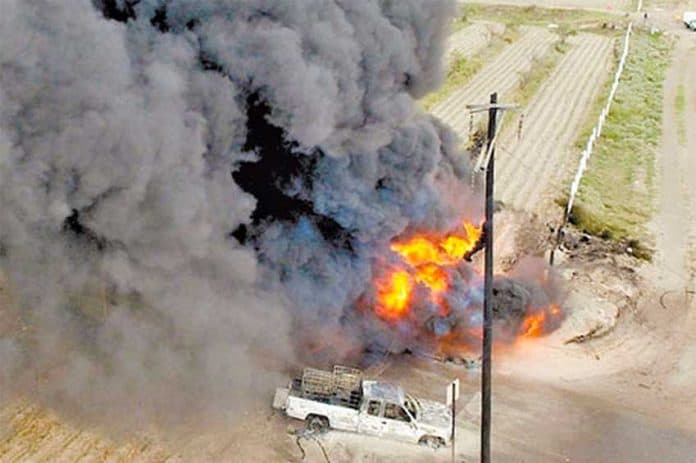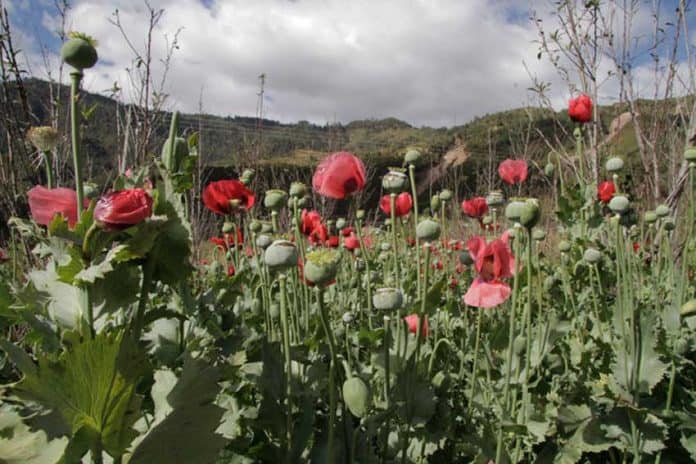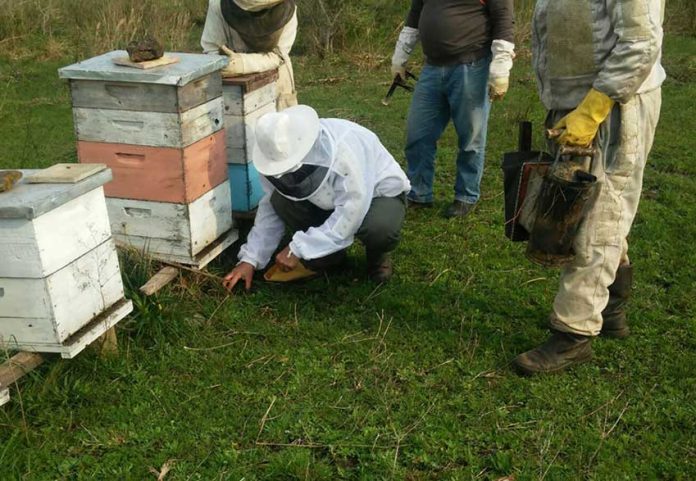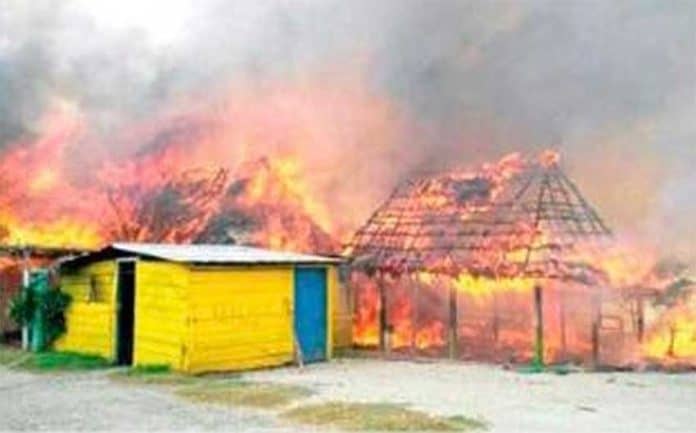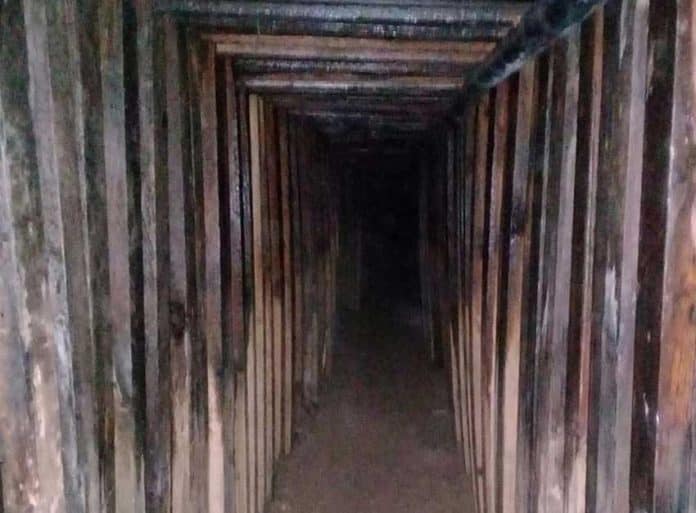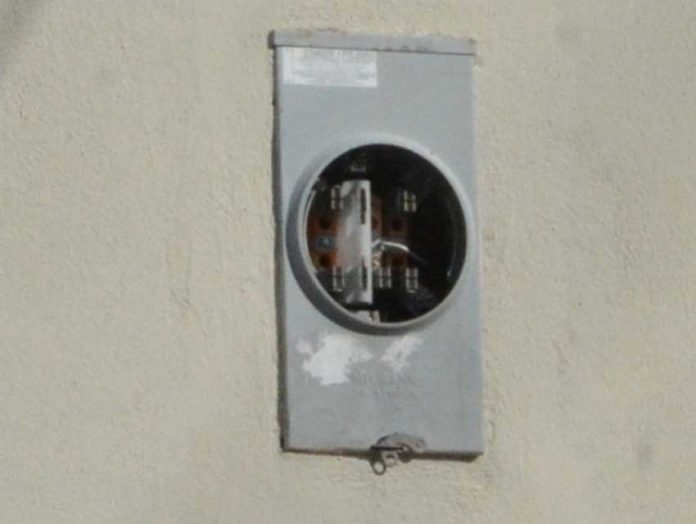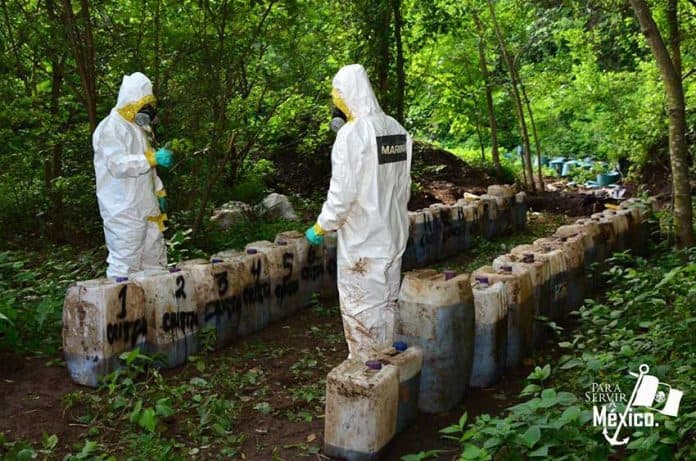As a home inspector, I have from time to time become embroiled in situations which actually have nothing to do with a presale evaluation of a property.
Several years back, a female friend asked me to assist. She had just purchased the remains of a casa which came with a 16,000-peso+ past due electrical bill. The price of the house was good enough even with the extra cost to the Federal Electricity Commission (CFE).
However, she wished to try to get the bill reduced by some amount. Even though she speaks Spanish, she knew that in these situations a man is more likely to prevail. She and I briefly touched upon our respective experiences which indicate that, putting it most favorably, women in Mexico are not treated in the same way as men.
The thing that made this assignment intriguing, the hook as some would say, was the fact that the house had no electrical meter, yet somehow generated an invoice for electrical use each and every month. Besides there being no meter, the electrical wire had been stripped from the entire house, all the way to the utility pole. Even the squatters had abandoned the property several years before, when the roof began to collapse.
The government electrical utility, the CFE, is one of the truly classic examples of Mexican bureaucracy at its finest. For the average expat, acquiring a driver’s license, registering an automobile, dealing with immigration or Aduana, can all test your personal mettle, but with patience and perseverance you will normally prevail.
However, any form of billing dispute with the CFE can cause even the sanest person to abandon any hope for recourse. The CFE is the undisputed “King of the Hill” when it comes to the art of obfuscation and well-practiced sophistry.
In my past life north of the border I had spent time dealing with various regulatory agencies. In those dealings I learned that straightforward, clear and concise communication always worked the best. At the time I agreed to assist my friend that was the only way I knew how to proceed, because I hadn’t yet learned the Mexican two-step, or three-step, or whatever it takes to grease the wheels of progress.
So, with Juan, my executive assistant and lead translator, I made a frontal assault on the customer service desk. A detailed explanation of the mysterious turning meter which logic would tell anyone must be somewhere other than the address on the bills, got a response that was most certainly “the standard first response.”
We were politely told we needed to pay the bill in full before a new meter could be installed. Our initial assault repelled, we rallied, changed our tack, and Juan, in a civic-minded gesture, carefully described the offensive crime which had been committed when someone stole the CFE meter from the residence in question.
We were given a slip of paper with a man’s name, and instructions to go further into the viscera of this exquisitely stratified bureaucracy.
After a surprisingly short wait, we were called into the man’s office where we told him we wished to report a stolen meter. The man went to a filing cabinet, removed a pre-printed form and began asking questions. I handed him the previous month’s electrical bill and the man began filling in spaces in his form.
After a couple of minutes, he looked up and asked for the date the meter was stolen. With a very straight face, Juan replied in Spanish, “Oh, about five or six years ago.” The man nodded, looked down to fill in one of his boxes and then stopped just before entering the date of theft. He then looked at the date of the bill, looked at Juan and said, in so many words, I don’t understand what is going on.
At last we were able to discuss our dilemma with someone who shared our confusion. Unfortunately, even after his understanding became complete, he told us he was unable to take it to the next level. He suggested we pay the bill in full and wait for a new meter.
As we stood outside, in front of the CFE complex, I realized that the finely layered levels of responsibility are purposefully labyrinthine to prevent anyone with a billing dispute to get past the customer service desk. This habit of stonewalling customers wears down the vast majority of people with billing questions. Most times, they just pay the fraudulent amount and put it behind them. After all, that’s much easier than taking time off from work, and jousting with customer service; viva Mexico.
So, I concluded, breaching the barricades of the underlings of officialdom, all of whom are incapable of decision making and fiercely protective of the higher strata of management, would require a backdoor approach.
I explained to Juan that now that we had tried the straightforward gringo way of dealing with an impersonal government agency, we needed a Mexican solution to the problem. I quizzed him in depth, inquiring as to the possibility of him having a friend or family member who knew someone who worked above the ground floor of this shrine of impersonal autocrats.
Juan’s classic response was, “I think so, let me find out.” Already I knew that such words really meant: “I know nothing now, but I could in a couple of days.” Mexicans never express any form of doubt when called upon to assist with an action at some point in the future.
I knew he would canvass his phone’s extensive list of contacts and find someone who knew someone whose cousin’s next-door neighbor’s plumber was a brother-in-law to an upper-level CFE manager. Those on the medium and lower rungs of the cultural ladder are quite proud of relatives who work for the government and are more than eager to pass on the contact information.
Within the week, Juan had the name of a man on the second floor as well as an appointment time. We checked in at the front desk and were pleasantly surprised to be sent upstairs immediately.
Prior to our scheduled meeting, I had taken photos of the property with emphasis on the battered and empty meter base, with its bent utility mast which had been stripped of its copper wire. I also took pictures of the surrounding neighborhood to validate the location of the house.
We were ushered into a large office where a well-dressed middle manager sat behind an uncluttered desk. I placed a picture of the meter base and the bent utility mast on his desk, along with three concurrent monthly bills showing an active account (which of course required a functioning meter) and simply asked for an explanation. As no immediate positive response was forthcoming and we delved deeper into the dilemma, the thought came to me that politicians could learn a thing or two from CFE management tactics.
It took about an hour to arrive at a solution that both parties could live with. After this patient man explained all the duplicitous things people do with CFE meters, I realized what had probably happened. In all likelihood someone had stolen the meter from my friend’s derelict property, and connected it to another home. The thief need never pay the bill and he was safe from having the connection disconnected. This could have gone on for decades.
Our questions were being answered in excellent English, and the man seemed sincerely concerned about our dilemma, but eventually he seemed to form the view that there was probably no fault on the part of the former property owner. However, he was unwilling to forgive the entire 16,000 pesos in arrears. He told us that the company never forgives an entire debt. If word of such a practice got out, they would be inundated with people challenging the amount due on their CFE bills.
He then told us that our provision of information on a rogue meter was helpful to the company and as such, it had a certain worth which he was prepared to acknowledge. We finally settled on a figure of 2,000 pesos.
As I pushed the cash across the desk, the man said he would provide a paid-in-full receipt and a letter from the CFE to my friend advising of discontinuation of the current service. She could just apply for a new service thereafter. He then told us to come back the following morning to get the paperwork from his secretary. I kept my thoughts to myself, of course, but I wondered whether the cash would end up in the coffers of the CFE, or the wallet of the nice man who had helped to resolve the case of the mystery meter.
This episode occurred over 10 years ago, and was my first hands-on experience with such a situation. Since that time I have witnessed several of the duplicitous things which are done with CFE meters. One of the most common actions is the clandestine meter swap.
This is when someone swaps out their meter with your meter after yours has been read. The person then replaces your meter just before the meter reader comes back for the next monthly reading. Of course, the thief has either heated or cooled their entire house with the continuous use of an electrical device. Thus this particular scam can be truly shocking for the victim. Since tamper-proof meter seals are relatively new to many parts of Mexico, this has been an ongoing activity for years.
I suggest that expats photograph their meters and keep the picture for future reference just in case meter fraud comes to your neighborhood. And to any expat who does have to begin dealings with the CFE staff, buena suerte.
The writer describes himself as a very middle-aged man who lives full-time in Mazatlán with a captured tourist woman and the ghost of a half wild dog. He can be reached at [email protected].
